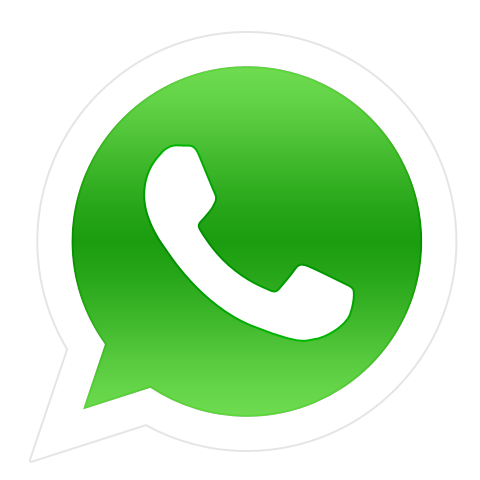Cardiac Arrest in Young People: What You Need to Know

Cardiac arrest is a serious condition where the heart suddenly stops beating. This means the heart can't pump blood to the body or brain. It can cause death within minutes if not treated quickly. While many think it only affects older people, it can happen to young and healthy individuals too.
What Causes Cardiac Arrest in Young People?
1. Genetic Heart Problems – Some people are born with heart issues like hypertrophic cardiomyopathy or long QT syndrome that can lead to sudden cardiac arrest.
2. Heart Defects at Birth – Structural problems in the heart from birth can raise the risk.
3. Hidden Heart Disease – Some heart conditions aren't found until a major event happens.
4. Chest Injuries – Strong impacts to the chest (like in sports or accidents) can cause the heart to stop.
5. Drug Use – Drugs like cocaine or steroids can trigger cardiac arrest.
6. Low or High Body Salts (Electrolytes) – Imbalance in sodium, potassium, or calcium can affect your heart's rhythm.
7. Extreme Exercise – Very intense workouts, especially in hot weather, may trigger a heart event, especially in those with hidden issues.
How Can Young People Prevent It?
1. Exercise Regularly – Helps keep your heart strong.
2. Eat Healthy – Choose fruits, veggies, lean proteins, and whole grains.
3. Avoid Drugs and Smoking – They put a heavy load on your heart.
4. Manage Stress – Try yoga, breathing exercises, or talk to someone when you're feeling low.
5. Sleep Well – Aim for 7–9 hours of sleep per night.
6. See Your Doctor – Get regular health check-ups.
7. Know Your Family History – Talk to your doctor if heart disease runs in your family.
Smart Steps You Can Take
1. Learn CPR – You might save someone’s life one day.
2. Know the Warning Signs – Chest pain, dizziness, or shortness of breath? Don’t ignore it.
3. Drink Water – Stay hydrated, especially during exercise.
4. Limit Energy Drinks – Too much caffeine can affect your heart.
5. Look After Your Mental Health – Stress and anxiety can hurt your heart too.
6. Support AED Access – AEDs (automated external defibrillators) should be available in schools and public places. Learn how to use one.
7. Get Heart Screenings if Needed – Especially if you're an athlete or have a family history of heart disease.
Final Word
Taking care of your heart now can save your life later. Stay active, eat well, and don’t ignore any warning signs. Your heart matters—no matter how young you are.





